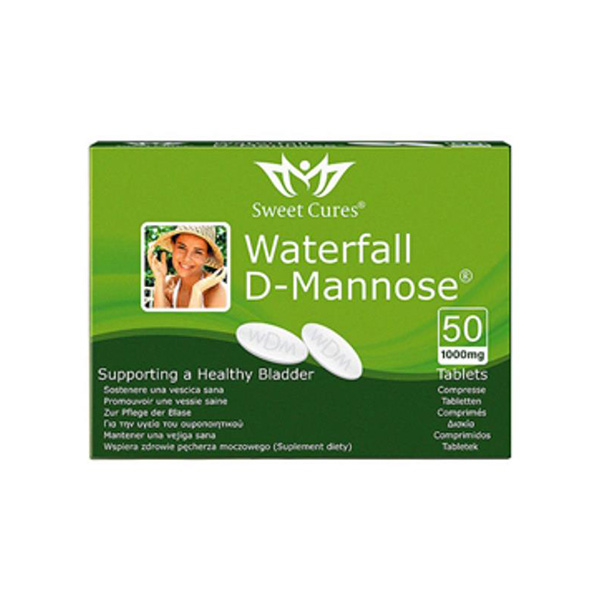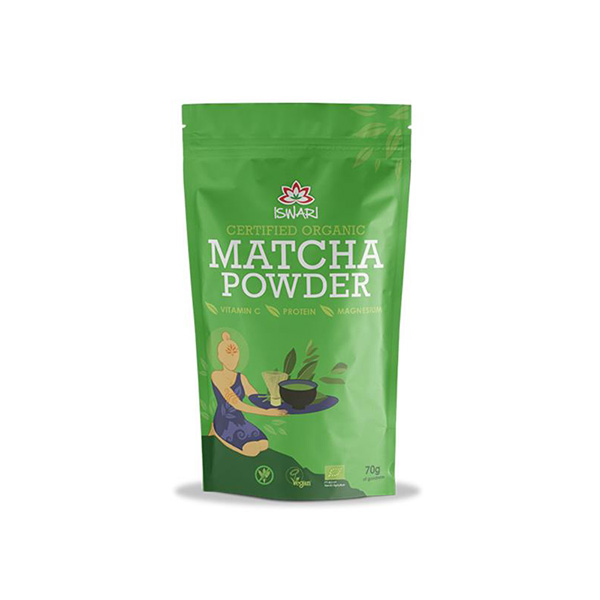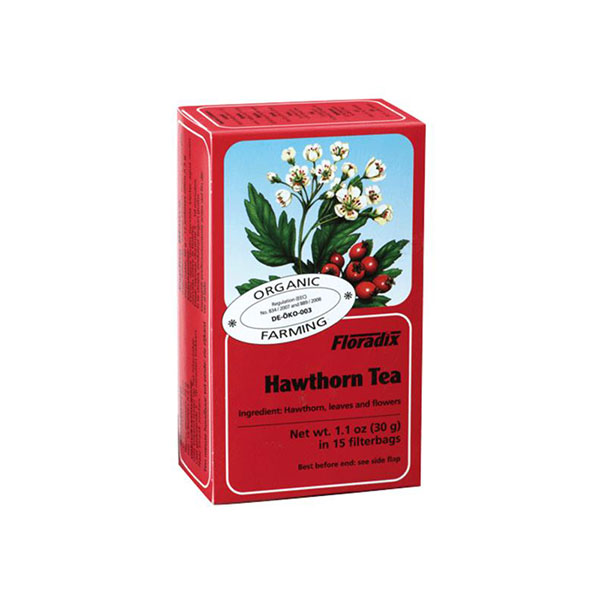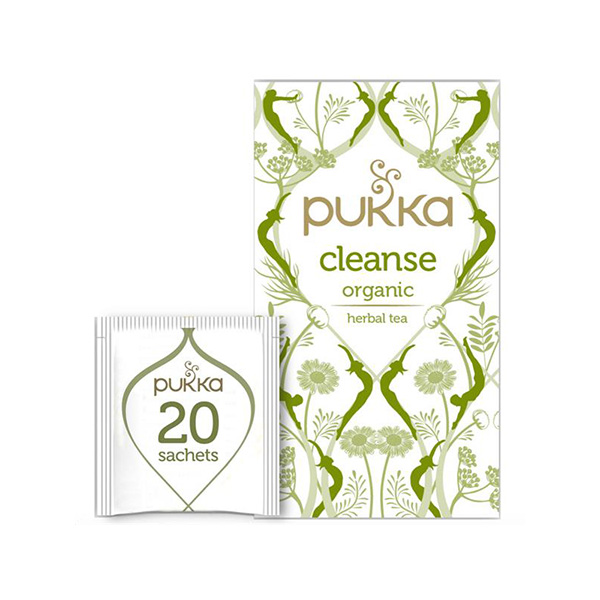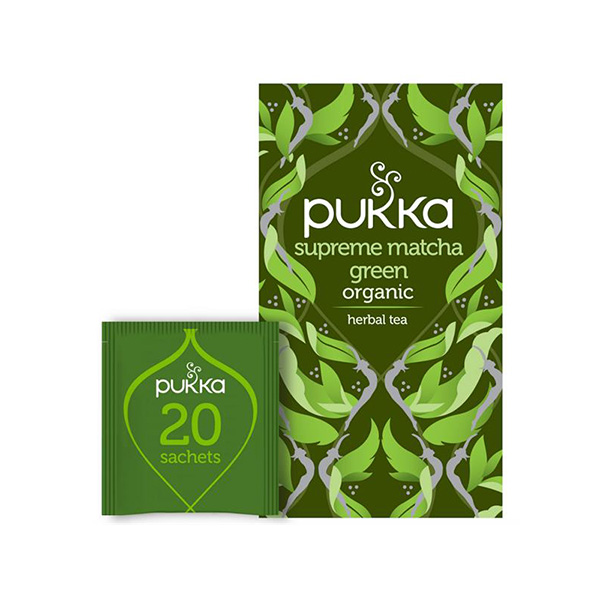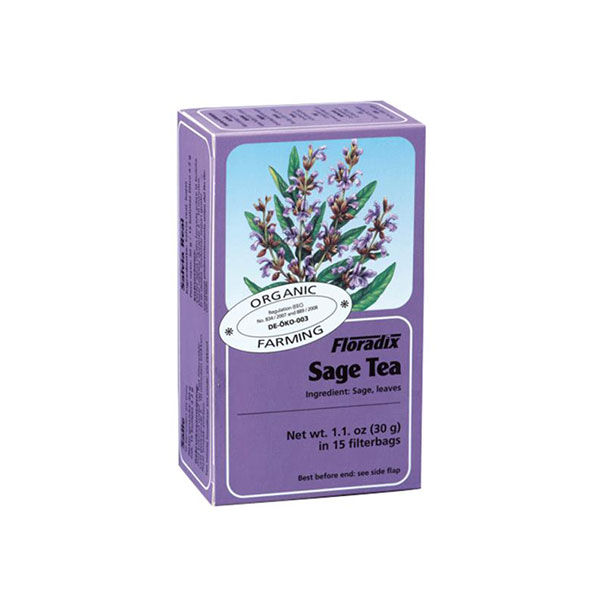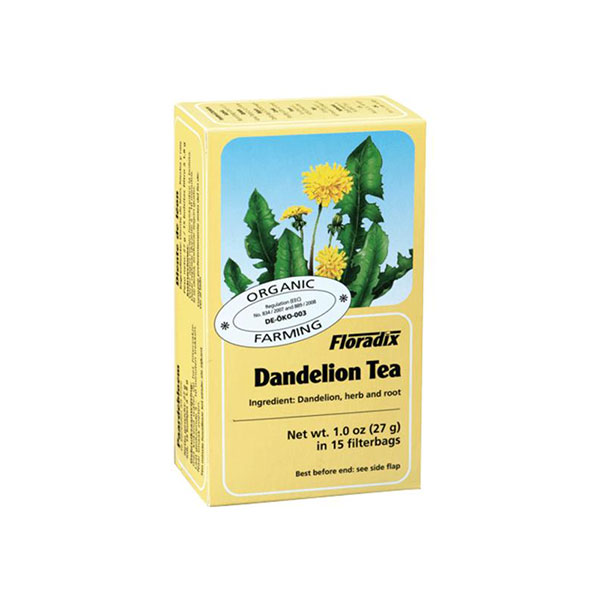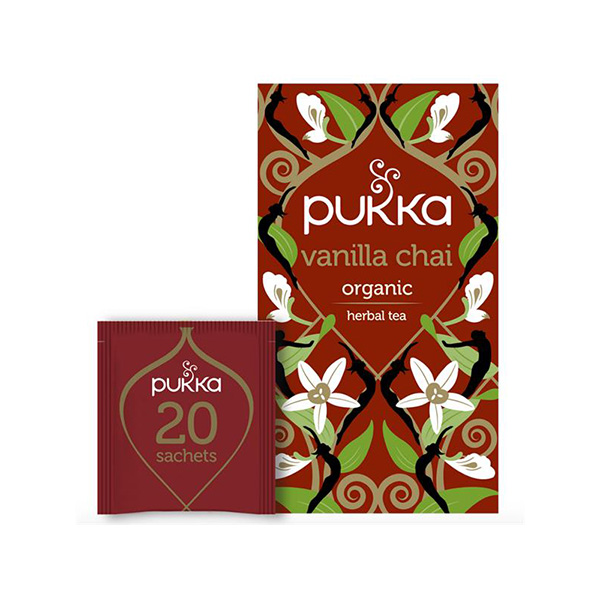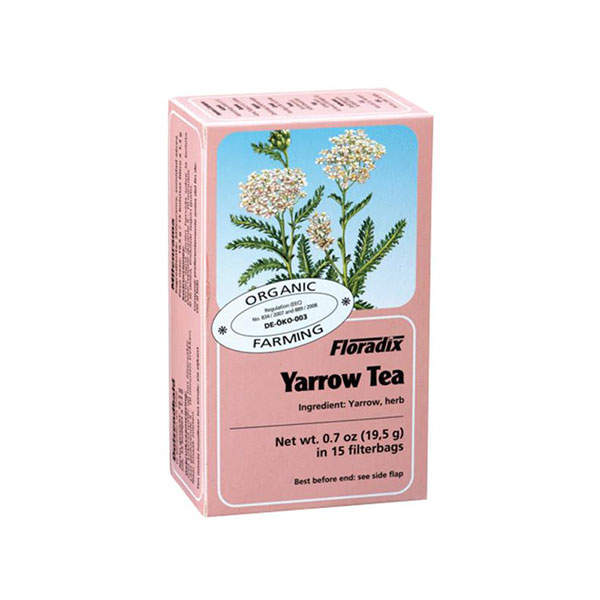It is a Gyokuro green tea that is cultivated in primitive regions of Japan, away from pollution and radiation
Harvest and processing are done using traditional methods
The leaves are stone ground using ancestral techniques
It contains more nutrients, salts, vitamins, and antioxidants than normal green tea: one cup of Matcha corresponds to about 10 cups of green tea
It respects the tradition of Japanese flavour: it contains much more protein than the average Matcha we find in the supermarket, and this makes it tastier, as well as particularly nutritious
It has a high caffeine content, without side effects of caffeine caused by coffee
It is revitalizing, stimulating, and energizing
It has a draining effect, preventing fluid retention and cellulite. It improves mood, combats stress, and is a natural antidepressant – Matcha contains up to 5 times more L-theanine neurotransmitters than normal green tea. That is why Matcha tea has been used for centuries by Japanese Zen monks for meditation.
It improves circulation: polyphenols, i.e. catechins such as flavonoids, combat haemorrhoids, swollen legs, and cellulite.
Improves memory and concentration: L-theanine promotes the production of dopamine and serotonin. These two substances enhance mood, stimulate memory, and promote concentration.
It is good for the skin, protecting against UVA rays, sunburn, and ageing.
It is a potent anti-inflammatory, rich in EGCG antioxidants, which help prevent cell degeneration, and combat oxidative stress, free radicals, and premature ageing.
It stimulates metabolism and helps with weight loss.It detoxifies the body, as chlorophyll and antioxidants help eliminate toxins.
It strengthens the immune system, as catechins have antibiotic properties.
Description
Additional information
| SIze | |
|---|---|
| DIRECTIONS | To take full advantage of the properties of Iswari Matcha Powder, simply add a teaspoon of Matcha into a cup with a drop of hot water at about 80 °C (below the boiling point). Mix with a teaspoon (a wooden one if you have it) until evenly mixed and foamy. Then pour in the rest of the water, mix, and savour this ancient drink |
| Health Goal |
Brand
Brand
Iswari
Despite its artisanal beginnings, with a family based production and sales to friends, Gonçalo Sardinha believed in a dream: to offer to Portuguese people and to the world, superfoods that could change the lifestyle of thousands of people. Created in 2010, Iswari is a Portuguese brand that quickly became the Superfoods market leader. Superfoods are high in micronutrients (water and fat-soluble vitamins, mineral salts and oligo elements) with great health benefits. Iswari only use products from sustainable suppliers that respect nature, people and the ecosystem. Iswari products do not contain harmful ingredients for human health, animal derivatives, soya, dairy, gluten or refined sugars. Iswari Products are certified by the Vegan Society Trademark. They are organic (with secured quality from their origin. Only raw materials that respect the European standards of organic production.). They are Fairtrade (with a rigorous selection certified from its origin) and free from gluten certified by the APC – Portuguese Coeliac’s Association.

Ingredients
Matcha Powder

